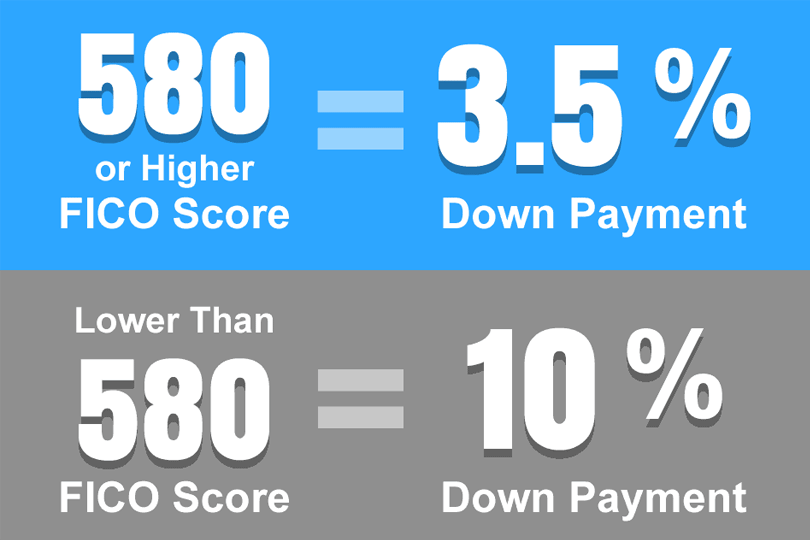Should You Pay Extra to Lower Your FHA Loan Interest Rate?
April 29, 2025
The idea behind discount points is a straightforward exchange: you spend money today to reduce your interest rate. Typically, one point equals one percent of your total FHA loan. In return, your interest rate might decrease by an amount you and the lender agree upon.
Whether this trade-off works in your favor depends on your intended length of homeownership.
Life is unpredictable. Career changes, family growth, or simply a desire for a different environment can lead to a move sooner than anticipated.
If you sell or refinance your loan before reaching the "break-even point" – the moment your cumulative savings from lower payments equal the initial cost of the points – you'll end up in the red.
If your future in the home feels less than certain, that upfront investment in discount points becomes a risky bet.
The money you'd spend on discount points could serve more pressing needs. Perhaps you need a more robust emergency fund, or you have other investment opportunities you want to pursue.
FHA loans are attractive partly because they often require a smaller down payment. However, if you deplete a significant portion of your remaining savings to shave off a tiny bit of interest, you might leave yourself financially vulnerable for unexpected expenses.
The savings from a slightly lower interest rate might pale compared to the total loan cost, including the mandatory mortgage insurance. It depends on your long-term plans.
In such situations, prioritizing cash flow and minimizing immediate outlays often makes more sense.
The current interest rate environment plays a role in this decision. Are interest rates already relatively low at the time? In such cases, the potential savings you'll gain by purchasing discount points might be minimal.
- It could take a very long time for your reduced monthly payments to add up to the money you spent on the points.
- Conversely, in a high-interest-rate market, buying points might be a more compelling option for someone committed to staying in the home long-term.
- Does paying for discount points align with your short-term and long-term financial goals? Are you confident in your long-term plans for the property?
- How comfortable are you with parting with the cash upfront at closing time?

FHA Loan Articles
April 30, 2025 In a previous post, we discussed why FHA borrowers should carefully consider whether paying for discount points truly serves their best interests, focusing on factors like short-term homeownership, opportunity cost, FHA mortgage insurance, and the prevailing interest rate environment. Discount points are an option for borrowers willing to pay a fee to lower the interest rate by a set amount. This is not right for all borrowers, and you don't want to pay for points you won't benefit from during the loan term.
April 29, 2025Are you considering buying a home with an FHA loan? You'll likely talk to your participating lender about FHA loan "discount points" – fees you pay upfront for a lower interest rate on your mortgage. The idea behind discount points is a straightforward exchange: you spend money today to reduce your interest rate. Typically, one point equals one percent of your total FHA loan. In return, your interest rate might decrease by an amount you and the lender agree upon.
April 28, 2025Home loans have various expenses that aren't apparent to a new borrower until much later in the process. What do you need to consider when making your home loan budget? It might not be complete without addressing some of the issues we cover here.
April 23, 2025 While the prospect of lower interest rates or more favorable loan terms can be enticing, there are situations where waiting is the better option. Refinancing without carefully considering your current financial circumstances is never a good idea, but careful planning in the current financial environment is even more important.
April 22, 2025First-time home buyers worry about loan approval, but there are important steps to take to increase the likelihood that the lender will approve their application for the loan or pre-approval. What do you need to know before you choose a lender?







